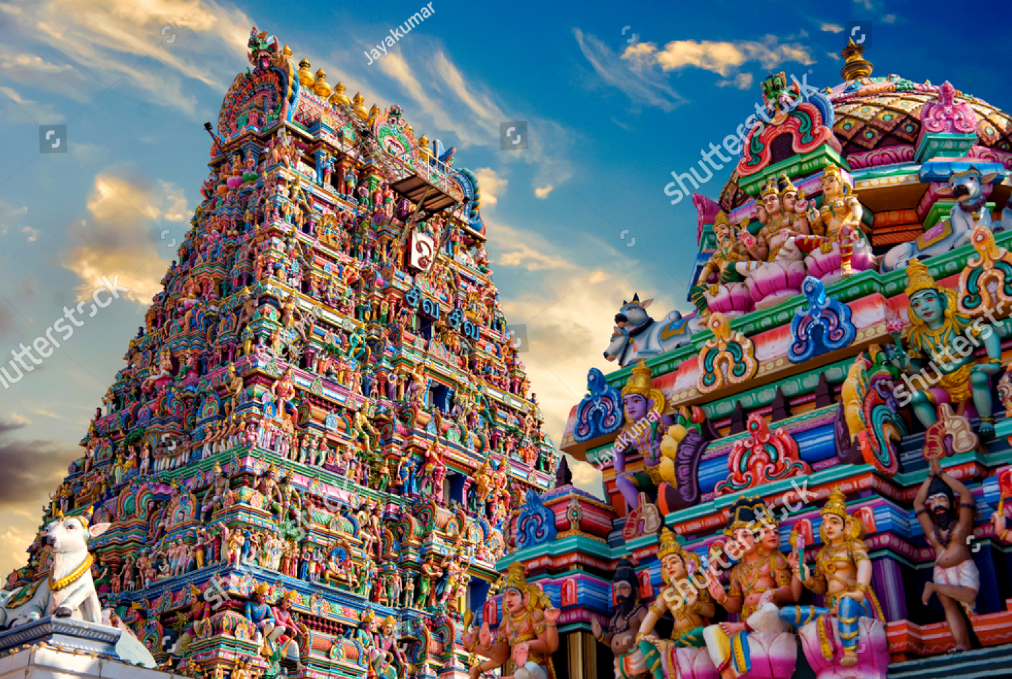Ramit Mehrotra, Pune
The Karnataka government received a powerful punch from the opposition, striking the bill to tax rich Hindu temples in the Legislative Assembly on Wednesday. The Siddharmiah-led administration tabled ‘The Karnataka Hindu Religious Institutions and Charitable Endowment Amendment Bill, 2024’ in the lower house.
The bill proposed the mandate to collect a 10% tax from the temples that make revenue of more than Rs. 1 crore and a 5% tax from shrines that churn money from Rs. 10 lakhs to 1 crore. The bill intended to lay a Common Pool Fund under the act, which didn’t go down well with the BJP, which claimed to be stealing wealth from the ‘pristine’ Hindu temples, the gatekeepers of the Sanatan Dharm.
The bill was defeated by the joint opposition of the BJP and JD(S) in the legislative council on Friday. The BJP alleged the government is progressing its ‘anti-Hindu’ agenda to disempower the religious shrines of India. The bill was struck down with a voice vote. 18 Opposition members voted ‘nay’ as opposed to seven Congress MLAs voting ‘yes.’
The common poll envisioned by the government would be supervised by Rajya Dharmika Parishat and would be utilized for multiple purposes. The bill also included provisions for forming state-level and district-level committees to oversee the infrastructure development for the pilgrims.
The opposition’s main objection was that the bill was intended to divert the income earned by the temples. Muzrai Minister Ramalinga Reddy tried to ensure the bill provided social security to the priests in temples. The Leader of the Opposition of the Legislative Council, Kota Srinivas Poojary, objected to the government picking presidents of temple management committees.
He suggested allocating funds in the budget for the welfare of Archakas instead of diverting the income of temples. Reddy urged the opposition to read and understand the amendments in the bill. He assured that there would be no government interference in appointing the nominations for president.
The BJP-JD(S) joint saw a clear majority in the 75-member house. BJP has 34 members, Congress has 30, JD(S) has eight, and one seat is independent, apart from the chairman.
The bill was tabled earlier in the Assembly, with Congress having 135 seats out of 224. The law to create common fund pools by extracting revenue from high-income temples has existed since 1997. Yet, the BJP made an allegation that the government is looting the wealth of the temples.
Despite the opposition uproar, the Siddharmiah government will present the bill again on Monday.
